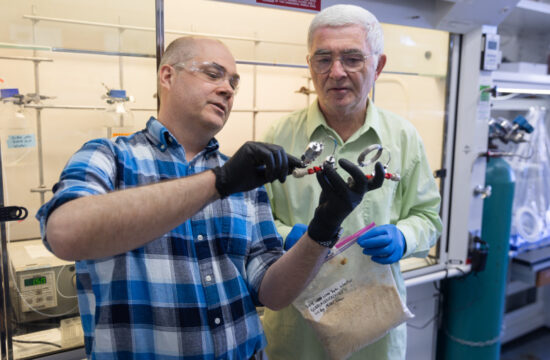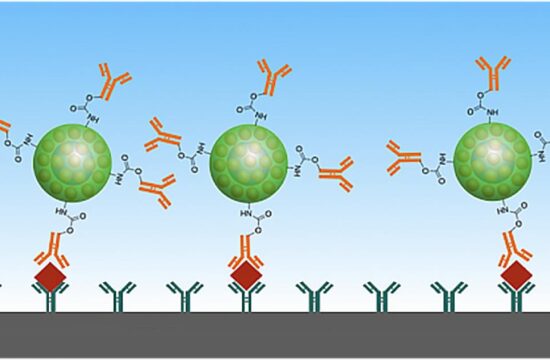 A gene mutation may speed up memory loss and cognitive decline in people at risk for Alzheimer’s disease, a new study found.
A gene mutation may speed up memory loss and cognitive decline in people at risk for Alzheimer’s disease, a new study found.
The findings, published May 3 in Neurology, could help provide a target for early interventions.
“Because this gene can be detected before the symptoms of Alzheimer’s start, and because this presymptomatic phase is thought to be a critical period for treatments that could delay or prevent the disease, it could be a great target for early treatments,” study author Ozioma Okonkwo, Ph.D., from the University of Wisconsin School of Medicine said in a prepared statement.
At the start of the study, researchers collected blood samples from 1,023 participants who were healthy but at risk for Alzheimer’s and tested for the BDNF Val66Met allele (also known as Met allele) gene mutation. Brain derived neurotrophic factor (BDNF) is a protein that helps nerve cells grow, survive and specialize.
The participants, with an average age of 55, were followed for up to 13 years and underwent memory and thinking evaluations at the start of the study and up to five times throughout the period.
Researchers found that 32 percent of the people involved carried the Met allele. Memory and thinking skills decreased more quickly for those with the Met allele mutation compared to participants without it. Those that did not carry the mutation improved slightly each year on verbal learning and memory tests, while people with the mutation declined by 0.021 units per year.
Of the participants, 140 also underwent neuroimaging to detect beta-amyloid protein in the brain, which is a hallmark of Alzheimer’s disease.
People who had more beta-amyloid plaque, along with the gene mutation showed the steepest rate of cognitive decline, the researchers found.
“When there is no mutation, it is possible the BDNF gene and the protein it produces are better able to be protective, thereby preserving memory and thinking skills,” Okonkwo said, noting that this is interesting as earlier studies have shown exercise can increase levels of BDNF.
While the study was one of the largest investigating the Met allele mutation, it was limited in that most participants were white, and the number who underwent neuroimaging was narrow.
Source: biosciencetechnology








